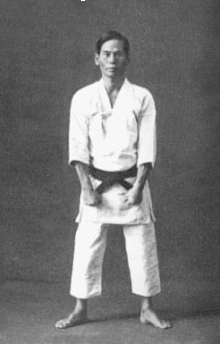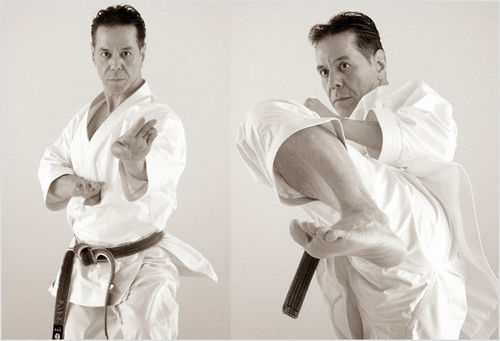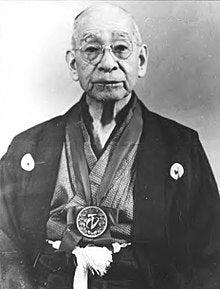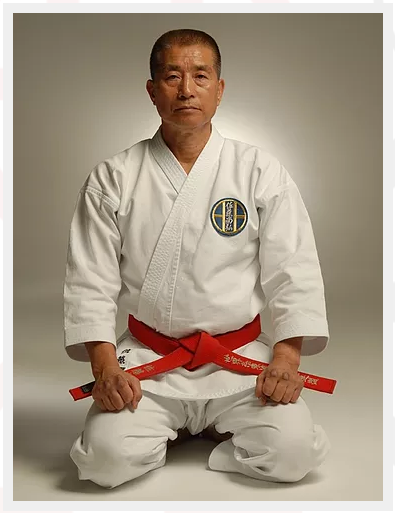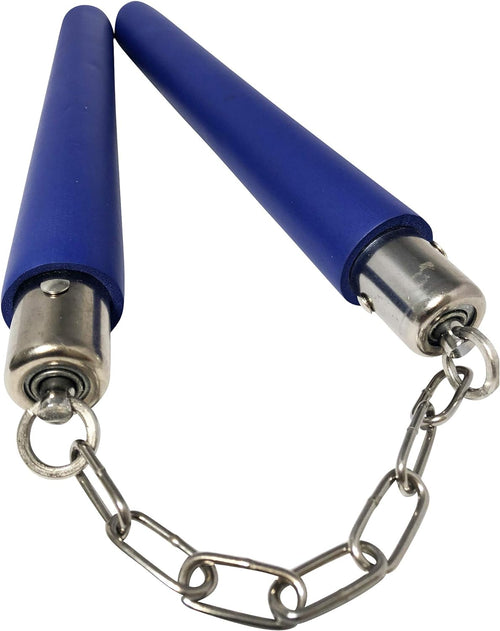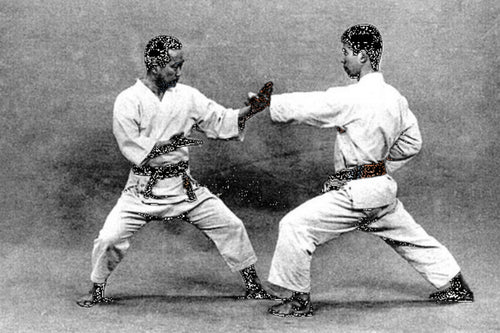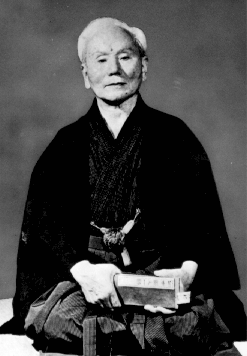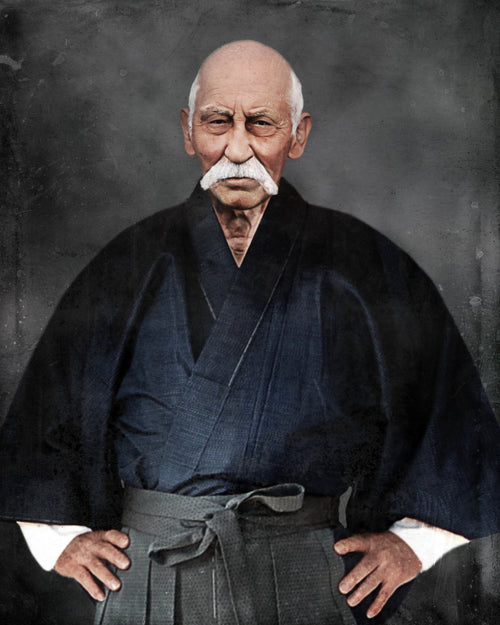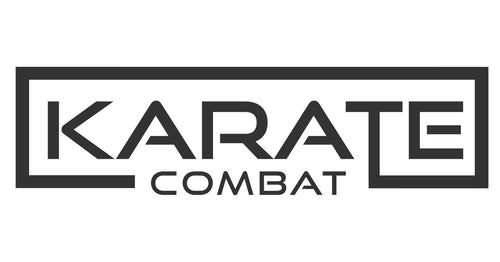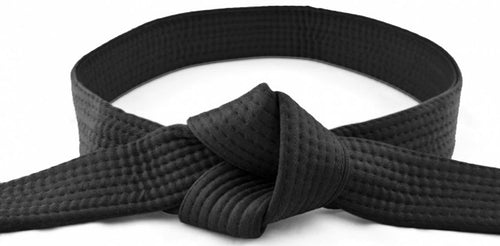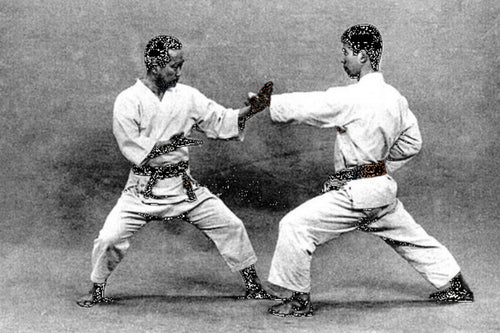Karate, a martial art that originated in Okinawa, Japan, has gained popularity worldwide for its disciplined and precise approach to combat. Many people turn to Karate as a means of self-defense, but a common question arises: Does Karate truly work when facing adversaries who are larger and potentially stronger? In this article, we will explore the effectiveness of Karate in self-defense, particularly when confronting larger opponents.
What is Karate?
Karate is a traditional Japanese martial art that emphasizes striking techniques, such as punches, kicks, knee strikes, and elbow strikes. It also includes various defensive moves like blocks and parries. Karate focuses on developing the practitioner's physical and mental attributes, making it a well-rounded discipline for self-defense.
The Principles of Karate
Karate places great emphasis on key principles, including discipline, respect, and humility. These principles not only guide the practitioner in their everyday life but also help maintain control in a self-defense situation.
Benefits of Karate for Self-Defense
Physical Fitness and Agility
One of the primary benefits of Karate is the improvement of physical fitness and agility. Regular practice helps enhance strength, endurance, and flexibility, enabling the practitioner to respond swiftly in a self-defense situation.
Mental Toughness
Karate instills mental toughness, teaching practitioners to remain calm and composed in high-stress situations. This mental resilience can be invaluable in self-defense.
Self-Confidence
Karate builds self-confidence by providing the skills and knowledge needed to protect oneself effectively. This confidence can be empowering when facing larger adversaries.
Techniques Used in Karate for Self-Defense
Strikes and Kicks
Karate practitioners are trained to deliver powerful strikes and kicks with precision. These techniques can be highly effective in neutralizing threats.
Blocks and Parries
Karate involves various blocking and parrying techniques, which are crucial for defending against attacks, especially when facing larger opponents.
Grappling and Escapes
Karate also includes grappling and escape techniques that can be employed to control or evade attackers.
Training and Preparation
Proper training and preparation are key to effective self-defense. Karate schools offer rigorous training regimes that help practitioners hone their skills and readiness for real-world situations.
Real-Life Scenarios
Facing Larger Adversaries
When confronting larger adversaries, the principles and techniques of Karate can be particularly useful. Size alone does not guarantee success in a physical confrontation, and Karate provides tools to overcome this disadvantage.
The Role of Size and Strength
While size and strength can be advantages, they are not the sole determinants of victory in a self-defense scenario. Karate relies on technique, timing, and precision, allowing a smaller individual to neutralize a larger opponent effectively.
Adaptability and Resourcefulness
Karate practitioners are encouraged to adapt to the situation and use their surroundings to their advantage. This adaptability can be crucial when facing larger adversaries in unfamiliar environments.
Case Studies
To illustrate the effectiveness of Karate in self-defense, we can explore real-life case studies where individuals successfully defended themselves against larger assailants using Karate techniques.
Tips for Effective Self-Defense
- Maintain situational awareness
- Use a confident and assertive demeanor
- Target vulnerable areas
- Seek opportunities to escape
- Employ the element of surprise
The Psychological Aspect
The psychological aspect of self-defense is paramount. Karate teaches individuals to stay calm and focused, which can be a game-changer when dealing with the fear and stress of a confrontation.
Legal and Ethical Considerations
When using Karate for self-defense, it is essential to be aware of legal and ethical boundaries. Excessive force may lead to legal repercussions, so understanding the law is crucial.
Conclusion
In conclusion, Karate can be highly effective in self-defense, even when facing adversaries who are larger and potentially stronger. This martial art offers not only physical techniques but also mental fortitude and self-confidence, making it a well-rounded discipline for self-protection.
Get Access Now: https://bit.ly/J_Umma
Frequently Asked Questions (FAQs)
1. Can anyone learn Karate for self-defense?
Yes, Karate is suitable for people of various ages and fitness levels. It can be an excellent choice for self-defense training.
2. Do I need to be physically fit to practice Karate?
While physical fitness can be beneficial, Karate training itself can help improve your fitness over time. It's essential to start at your own pace and gradually build your strength and flexibility.
3. Are there specific techniques for women in Karate self-defense?
Karate techniques are generally gender-neutral. The effectiveness of Karate depends on the practitioner's skill and technique rather than their gender.
4. How long does it take to become proficient in Karate for self-defense?
Becoming proficient in Karate varies from person to person, but consistent practice and dedication are key. Many practitioners see improvements within a few months.
5. Can Karate be used for non-physical self-defense, such as verbal confrontations?
Karate's principles of discipline and respect can help in non-physical self-defense situations, allowing you to handle verbal confrontations calmly and assertively.





